Por: Slavoj Zizek
Puede parecer que la opción básica que tenemos para hacer frente a la pandemia es la del camino de Trump (retorno a la actividad económica en condiciones de libertad de mercado y rentabilidad, incluso si esto significa miles de muertes más) y lo que nuestros medios denuncian como a la manera china (control estatal digitalizado total de individuos).
Sin embargo, en los Estados Unidos, el gobernador de Nueva York Andrew Cuomo y el ex CEO de Google Eric Schmidt propagan una tercera opción, con Michael Bloomberg más Bill y Melinda Gates en el fondo: Naomi Klein de Intercept calificó esta opción como una «Screen New Deal». Promete seguridad contra las infecciones y al mismo tiempo mantiene todas las libertades personales que los liberales cuidan, pero ¿tiene la oportunidad de trabajar?
Cuomo y Schmidt anunciaron un proyecto para «reimaginar la realidad post-Covid del estado de Nueva York, con énfasis en la integración permanente de la tecnología en todos los aspectos de la vida cívica». Desde el punto de vista de Klein, esto conducirá a un «futuro permanente – y altamente rentable – sin contacto», en el que no hay efectivo y no es necesario salir de la casa para gastarlo. Todos los servicios y productos posibles se solicitan en línea, entregados por drones, «y luego se ‘comparten’ en una plataforma mediada». Y hacer que este futuro avance sería las masas explotadas de «trabajadores anónimos escondidos en almacenes, centros de datos, fábricas de moderación de contenido, talleres electrónicos, minas de litio, granjas industriales, plantas de procesamiento de carne y cárceles».En una de sus meditaciones sobre la muerte, el comediante Anthony Jeselnik dice sobre su abuela: “Pensamos que murió feliz mientras dormía. Pero la autopsia reveló una verdad horrible: ella murió durante la autopsia «. Este es el problema con la autopsia de Schmidt de nuestra situación: su autopsia y sus implicaciones hacen que nuestra situación sea mucho más catastrófica de lo que es.
Hay dos características clave que inmediatamente llaman la atención en esta descripción.
Primero, es la paradoja de que aquellos privilegiados que pueden permitirse el lujo de vivir en el espacio sin contacto también son los más controlados: toda su vida es transparente para el verdadero asiento del poder, el Big Tech y el gobierno se combinan. Si las redes que son el alma de nuestra existencia realmente están en manos de compañías privadas como Google, Amazon y Apple, compañías que, fusionadas con las agencias de seguridad del estado, tendrán la capacidad de censurar y manipular los datos disponibles para nosotros o incluso para desconectarnos del espacio público? Recuerde que Schmidt y Cuomo exigen inmensas inversiones públicas en estas empresas: ¿el público no debería poseerlas y controlarlas? En resumen, como propone Klein, ¿no deberían transformarse en servicios públicos sin fines de lucro? Sin un movimiento similar,
En segundo lugar, el Screen New Deal interviene en la lucha de clases en un punto muy preciso. La crisis viral nos hizo plenamente conscientes del papel crucial de lo que David Harvey llamó la «nueva clase trabajadora»: cuidadores en todas sus formas, desde enfermeras hasta aquellos que entregan alimentos y otros paquetes, vacían nuestros contenedores de basura, etc. Para aquellos de nosotros que pudimos aislarnos, ellos continuaron siendo nuestro contacto principal con otros en su forma corporal, un fuente de ayuda pero también de posible contagio. The Screen New Deal es un plan para minimizar el papel visible de esta clase de cuidador que debe permanecer no aislado, en gran parte desprotegido, exponiéndose al peligro viral para que nosotros, los privilegiados, podamos sobrevivir con seguridad, algunos sueñan que los robots lo harán incluso cuidar a los viejos y hacerles compañía … Pero estos cuidadores invisibles pueden contraatacar, exigiendo una mejor protección: en la industria del envasado de carne en los EE. UU., miles de trabajadores ya contrataron a Covid y murieron docenas, y están sucediendo cosas similares. en Alemania. Nuevas formas de lucha de clases explotarán aquí.
Al final del Screen New Deal, si llevamos este proyecto a su conclusión hiperbólica, existe la idea de un cerebro conectado, de nuestros cerebros compartiendo directamente experiencias en una Singularidad, una autoconciencia colectiva divina. Elon Musk, otro genio de la tecnología percibido de nuestro tiempo, dijo recientemente que cree que el lenguaje humano quedaría obsoleto dentro de 10 años, y si algunos aún lo usarían, sería «por razones sentimentales». Siendo el jefe de Neuralink, dijo que planea conectar un dispositivo al cerebro humano dentro de los 12 meses.
En Chile, durante las protestas que estallaron en octubre de 2019, uno de los graffitis en las paredes dijo: «Otro fin del mundo es posible». Esta debería ser nuestra respuesta al Screen New Deal: sí, nuestro viejo mundo ha llegado a su fin, pero un futuro sin contacto no es la única opción, es posible otro fin del mundo.¿Esta visión, cuando se fusionó con el futuro confinado en casa extrapolado por Klein de las ambiciones de los simbiontes Big Tech de Cuomo, no recuerda la situación de los humanos en ‘The Matrix’? Protegidos, físicamente aislados y sin palabras en nuestras burbujas aisladas, estaremos espiritualmente unidos más que nunca, mientras nuestros señores de alta tecnología se benefician y una masa multimillonaria de humanos invisibles trabaja en la carpintería, una visión de pesadilla si alguna vez hubo una. .
Fuente e Imagen: https://www.rt.com/op-ed/488650-slavoj-zizek-schmidt-cuomo-matrix/

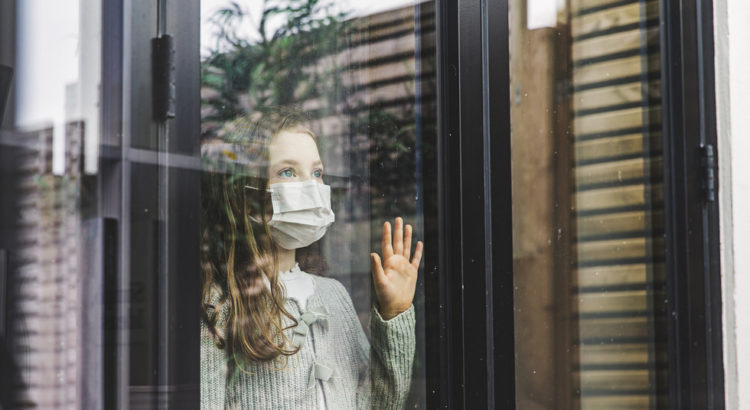
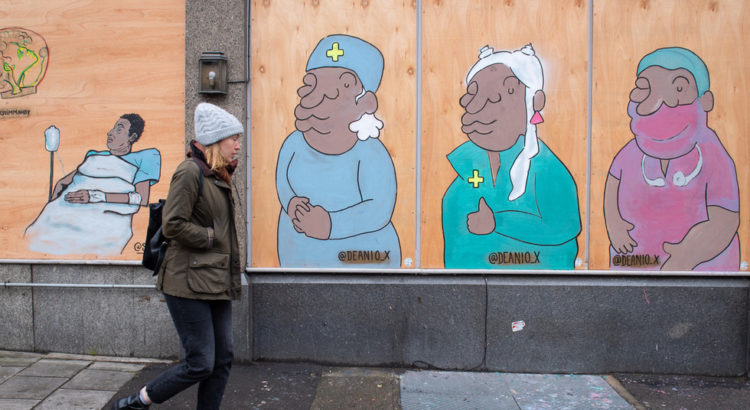

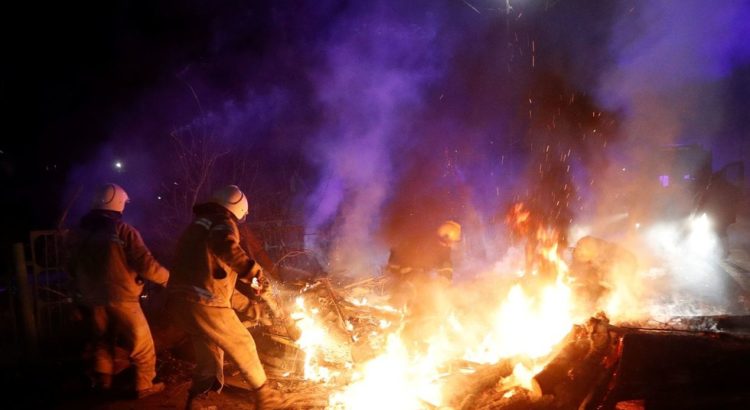

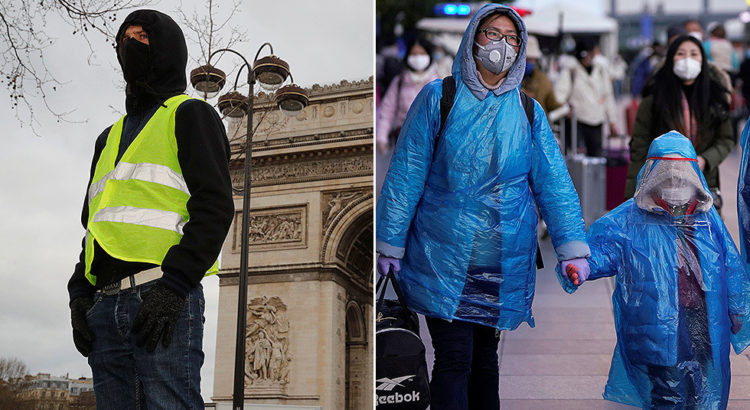
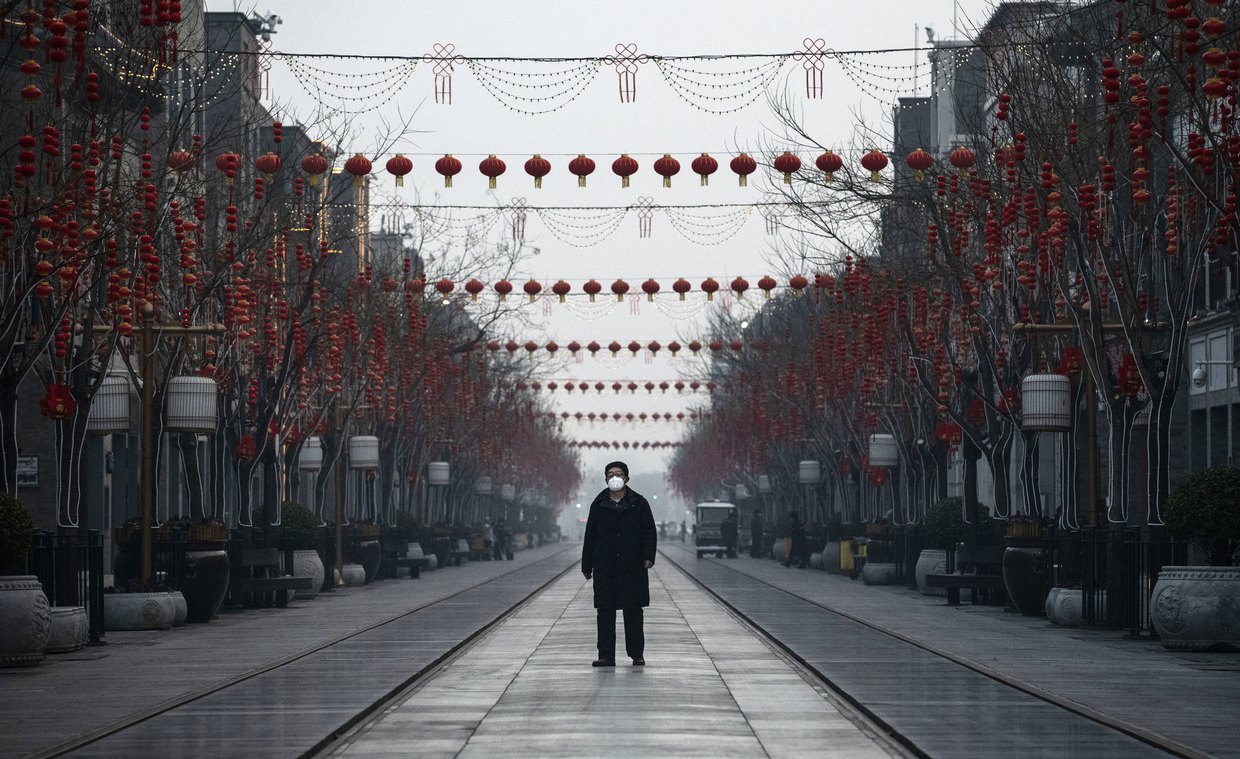






 Users Today : 122
Users Today : 122 Total Users : 35404389
Total Users : 35404389 Views Today : 152
Views Today : 152 Total views : 3333926
Total views : 3333926